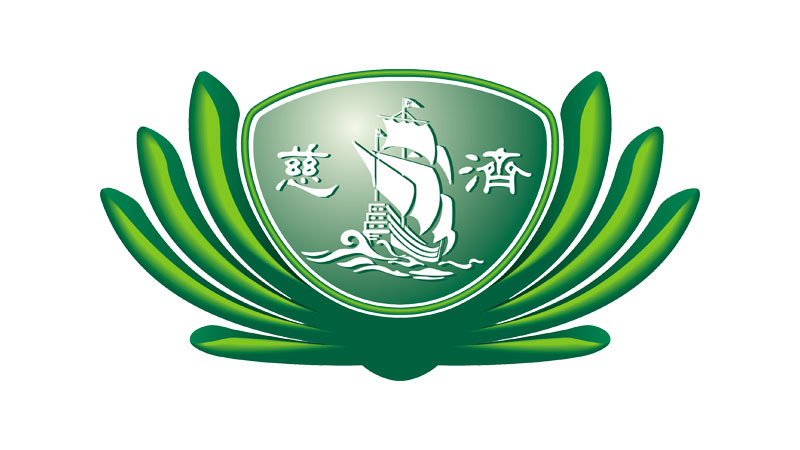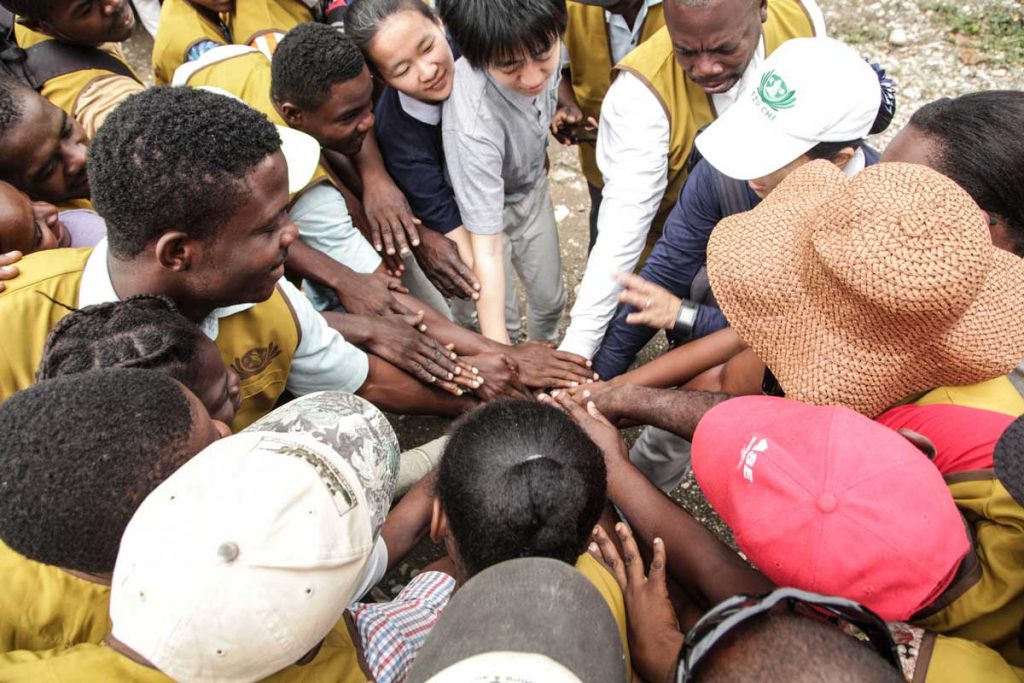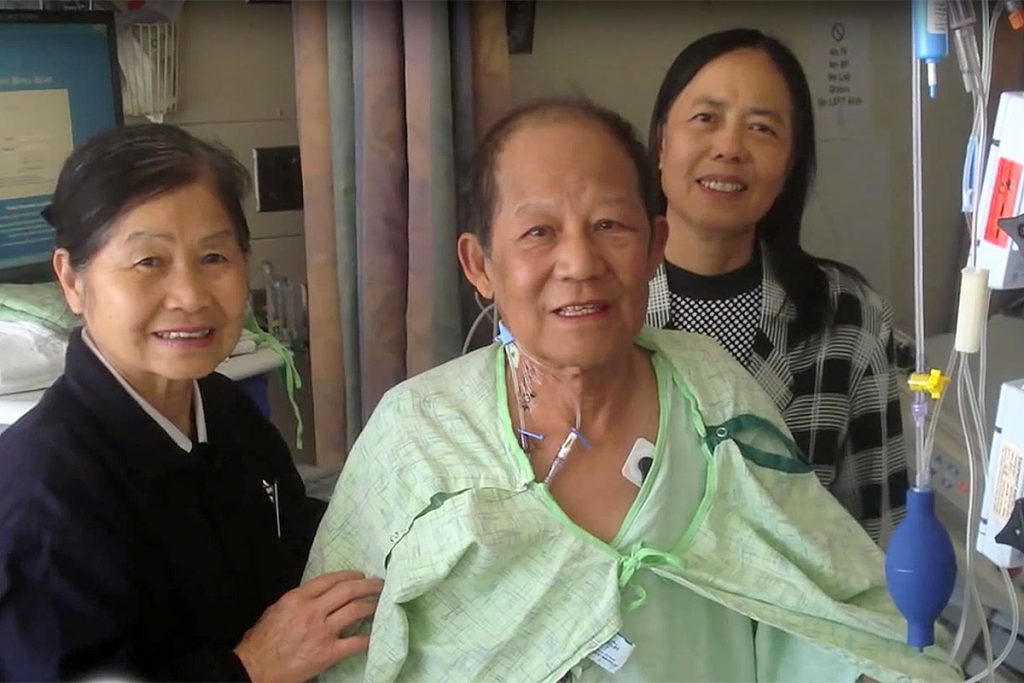
Kidney disease is one that many people don’t even realize they have at all. Many also don’t realize the severity of the disease that “can affect your body’s ability to clean your blood, filter extra water out of your blood, and help control your blood pressure,” according to WebMD. When it goes untreated, things can get pretty serious, to the point where the kidneys stop working, which can become life-threatening.
The National Kidney Foundation says that what often is referred to as chronic kidney disease is the cause of more deaths than breast cancer or prostate cancer. As an “under-recognized public health crisis” in the U.S. alone there are 30 million people affected by the disease and 90 percent who have the disease have no idea that they do.
As one of the 30 million with the disease, Pui Sham Wong suffers from an extremely advanced form of the disease whereby he is in need of treatment that goes beyond his dialysis. With a typical waiting time of three to five years for a new kidney, it is difficult to continue living life when you don’t know if a kidney will become available.
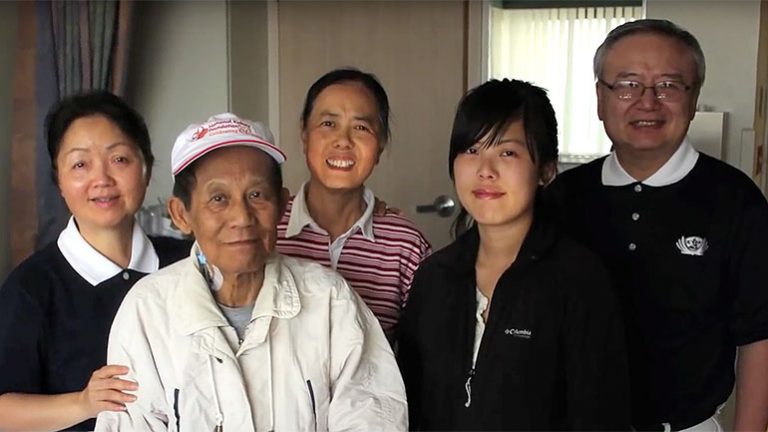
For years, Pui Sham worked in the stock market in Hong Kong, working a grueling night schedule from 11 p.m. to 5 a.m. He was extremely stressed and his eating habits were bad, which all negatively affected his health. He and his wife, Min Lu, did not realize the extent to which it was deteriorating his health. The diagnosis of his bad kidneys led to dialysis that began in 2007 and continued for six years.
Nephrologist Frank Luo, MD, said that the most common causes of kidney disease are diabetes and high blood pressure. People begin to really get sick when their kidney function is less than the usual 10% of function, which is when dialysis is necessary. Dialysis cleans the blood as it removes the toxins and waste that are built up in the body.
Pui Sham recalls the dialysis treatment as “so painful that I wished to die.” The treatment was three times a week and three hours each time, but it is not long term. The hope for better life comes through organ donation, and this was Pui Sham’s only hope.
If I had a chance for a kidney transplant...it would diminish my pain. Secondly, I might live longer.
Pui Sham Wong, Kidney Patient
Finding a donor is difficult and the wait can be as long as eight years, which is why so many patients are on dialysis. With so many waiting for a kidney the need for more donors is great.
But blessings in Pui Sham’s life were forthcoming. He had the help of his wife, who was the sole paycheck for the family since his illness as well as being a positive force for the family. A matching donor was finally found. Knowing the risk of rejection and having to be medically sound, Pui Sham wanted the transplant to live longer and be there for his wife and daughter.
I have faith. There was nothing to be afraid of. I kept my beliefs close to me before the surgery. I was thinking that I must live, and I must succeed.
Pui Sham Wong, Kidney Patient
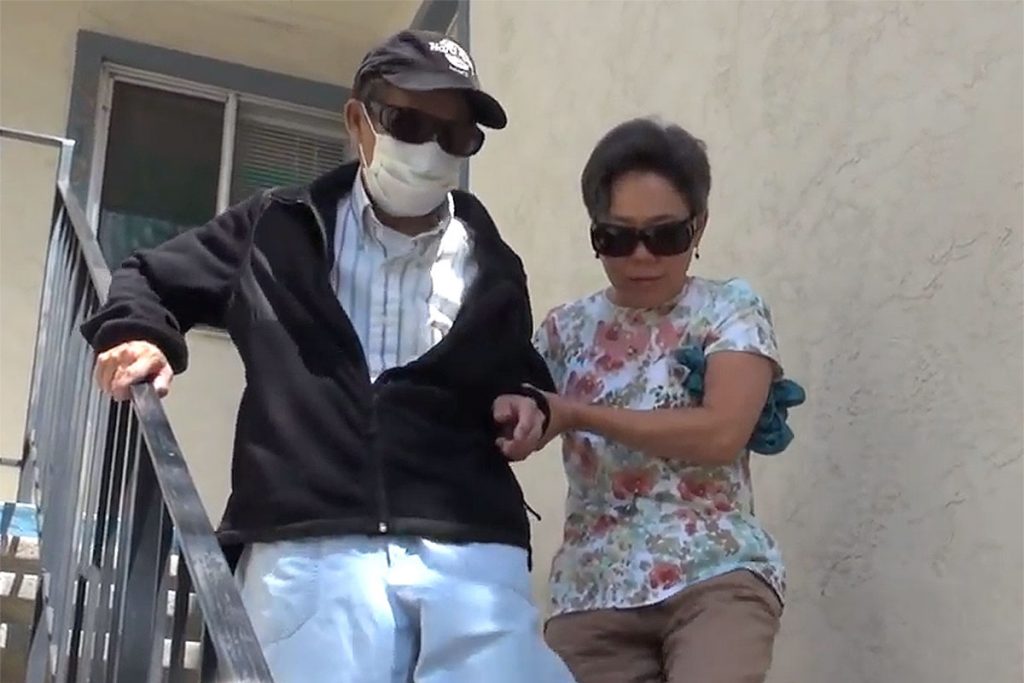
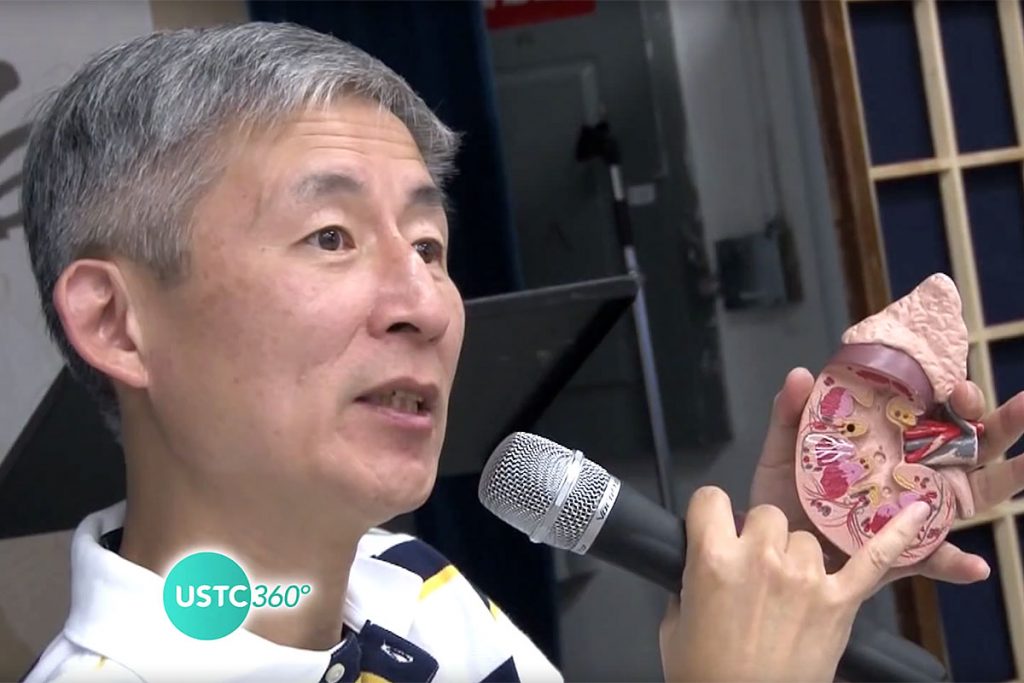
With patients going through dialysis, as Pui Sham did, and then some fortunate enough to get a transplant, there is often a need for support for others going through the same thing. Many undergoing dialysis have frustrations due to the frequency of the visits, the pain and sometimes wanting to give up. Tzu Chi has a Dialysis Support Group in the San Francisco Bay area, the only such place for the Chinese-speaking community. More than 60 patients in the group have received transplants. With the help of Tzu Chi 30 patients were matched with donors.
As a patient who has received a kidney transplant, Pui Sham, still has hurdles to go through including the many medicines and keeping track of them, doctor visits, and a longer road to recovery because of the very small kidneys he received so he will be monitored closely.
Dr. Luo attends the Tzu Chi Support group meetings, which helps him to see the other side of medicine.
I hear a lot of patients’ concern, anxieties, their experiences, their joys and sorrows. And that’s what I feel is very valuable.
Dr. Frank Luo, MD, Nephrology
Pui Sham’s outlook on life since his transplant is much more positive. Although there are hurdles to overcome, he no longer feels helplessness or despair. Tzu Chi brought his family the motivation and will to change.
He shares his success story with others in the Tzu Chi Dialysis Support meetings to help encourage others. He also wants to encourage others.
To the kidney patients who have not registered for a kidney transplant yet. Hurry up and register, as time is precious. To the kidney patients who already registered for a transplant, you must have confidence that you will succeed.
Pui Sham Wong, Kidney Patient
